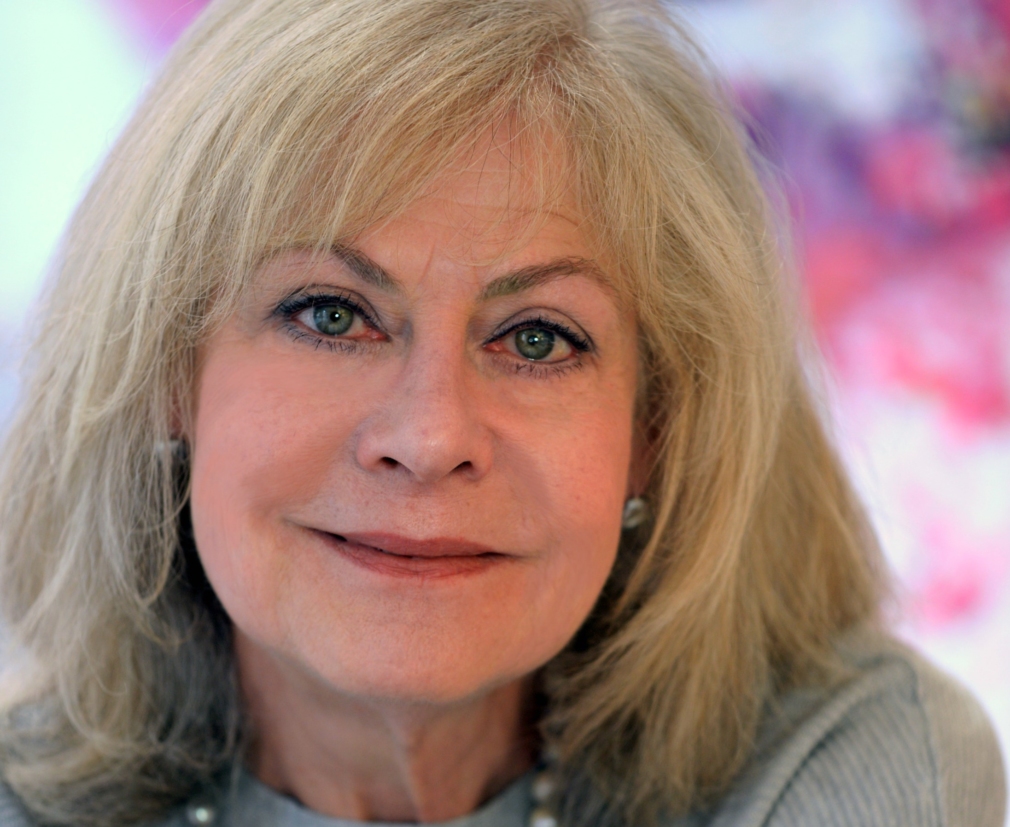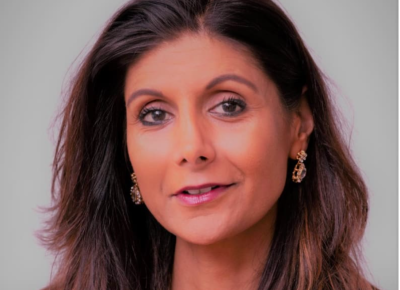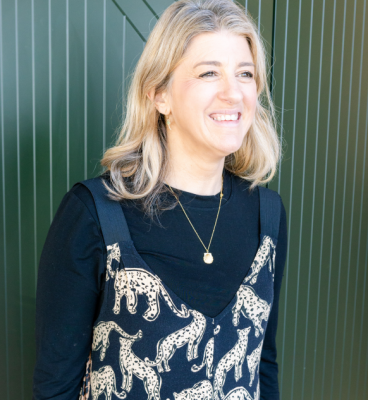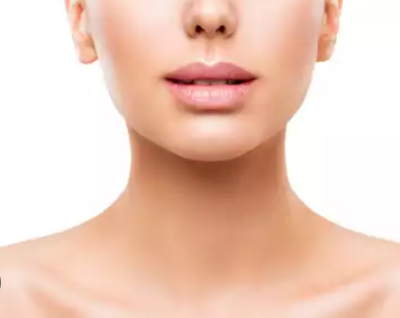
Cosmetics à la Carte was founded in 1973 by colleagues, cosmetic scientists and friends Christina Stewart and Lynne Sanders. They wanted the freedom to create the skincare and makeup they themselves wanted to use.
Frustrated with the limited beauty choices available to women in the department stores of the time, their vision was to give their customers a chance to trial colours and looks in a relaxed environment with dedicated experts before buying. Then, and now, it was all about the personal touch!
Lynne talks to us about the changes she has seen in the beauty industry, the effects of ageing on the face and what’s next for the brand…
You founded Cosmetics a la carte back in the 70’s — we imagine the beauty industry has changed a fair bit since then?
There’s a whole lot more choice now than there ever was, in terms of number of brands. It’s great to see more diversity too, which Cosmetics à la Carte has long championed since I first created shades for women of colour in the mid-70s. But from the vantage point of our independent lab, I notice that more and more products are made in fewer and fewer labs, so many come out looking and feeling quite similar. In that sense I believe there may be less choice at a formula level now compared to when we started out.
Aesthetic treatments and surgery have become a lot more normalised too. I love that LFY places the emphasis on non-invasive methods!

It means I am trained to formulate cosmetics, ranging from skincare to makeup. I develop products from scratch, taking them from the raw materials and a vision in my mind’s eye, or a request from a customer, to a finished product on your bathroom shelf.
I have used this every day of my working life, inventing most of our range at Cosmetics à la Carte, and using my knowledge to make personalised recommendations for customers to ensure the best match of formula to their skin type.
Is wearing foundation every day bad for your skin? We often hear it’s a good idea to ‘give your skin a break’ by having a make-up free day, do you agree?
Interesting question. It all depends on the breathability of the formula. If the foundation contains acrylic resins to make it long-lasting or waterproof, skin tends to get congested over prolonged periods. It can also be problematic if the makeup has an active ingredient that your skin becomes sensitised to. In these cases, a break is perhaps advised to prevent breakouts, dryness and redness.
I don’t like enforced ‘no makeup days’ and have always formulated our makeup to be essentially an extension of skincare. So as far as Cosmetics à la Carte makeup is concerned, if you’ve found the right match for your skin type, you should not need to take a break, and your makeup will help protect your skin against pollution and environmental stresses — sort of like “clothes” for your face! — while also supporting a hydrated, balanced and clear complexion every day.

We are fortunate to have a highly regulated industry. The real nasties are banned, and if you buy from reputable makers and retailers inside the UK and EU, you will avoid exposure.
I have my personal dislikes, many of which closely align with our industry’s idea of ‘clean beauty’. The ones everyone talks about like Sulphates, Parabens, Denatured Alcohol and plastic microbeads. The Cosmetics à la Carte range is entirely free from these.
But I go out on a limb a bit in my caution about retinols and chemical sunscreens. For retinols, I would rather people went to a dermatologist than purchased over the counter. For chemical sunscreens, I believe we simply don’t have enough evidence of the results of daily use over a lifetime, and until we do, I prefer to use mineral sunscreen (titanium dioxide, zinc oxide) or avoid the sun.

There is a real movement towards putting skincare into make-up, what are your thoughts on this?
I see this conversation as rejecting the very heavy, cakey insta-coverage we’ve had for the last few years. If this will allow women to look more like themselves and let their skin be skin, that’s great news. For Cosmetics à la Carte, I’m proud to say that our makeup has always been as gentle as skincare, and in each of our foundations there are skin-caring ingredients designed to benefit a specific skin type.
What does wellness mean to you?
For me wellness means acceptance of self, finding joy in life every day, and engaging in activities and spending time with people that will support this. Personally, I feel much better when I take care of my skin and my appearance with skincare, makeup, hair, diet, and clothes I love. Doing that groundwork lets me head out into the world ready to make the most out of the day.
You have talked openly and positively about the menopause – for a lot of women it is something to be feared, can you share some of your positive experience with us?
I think it’s fantastic to demystify things that make us worry; a problem shared is a problem solved! For me the menopause has meant a sort of freedom. Freedom from caring so much what other people think about you and developing the confidence that only comes with experience. Freedom to follow your judgement as well as your gut in how you spend your time and what you aim for. A lot of the things that worried me in my 20s and 30s simply don’t matter any more. It’s great.
Has the menopause affected how you feel about your face? Have you noticed any changes in muscle tone, your complexion etc?
Definitely! It is more of a challenge to stay in shape, so I walk 10k steps a day and do Pilates regularly. My mother once told me never to put on or lose too much weight after I was 35. I’ve generally followed that advice and I like to think it has helped with sagginess. Less than the physical aspect I noticed the social aspect of getting older. Suddenly people started to look through or past me, when they didn’t before. From talking to our lovely customers as well as my own friends, this is very common but barely discussed. Looking my best with a good skincare regime and the right natural makeup for my colouring is a great way to overcome this and stay present and visible.
What’s been the highlight of your career so far?
For me at this stage, a single highlight doesn’t stand out, instead it’s the whole picture I am incredibly grateful for. I’ve been able to follow my passion and interest my whole career, and as my own boss I’ve felt more in control of my lifestyle than I might otherwise have been. I have enjoyed working alongside my daughter since she joined the business a few years ago. The chances I’ve had to create products for high profile individuals have been tremendously exciting. I have loved the chance to get creative with experimental colours and textures for films and the theatre, like Glyndebourne Opera. I have also loved getting better and better at finding out which formula, colour and approach will make our customers feel happier when they engage with Cosmetics à la Carte.
What’s next for Cosmetics a la carte?
Looking ahead for this year, we are launching a new colour collection inspired by — and of course made in! — London. We are also extending our range of ready-to-wear foundations to help customers shop more easily online. We’re working on bringing even more aspects of the uniquely personal experience at our Sloane Square boutique online, from tutorials to advice. I’m also currently developing our first body range. Watch this space!








